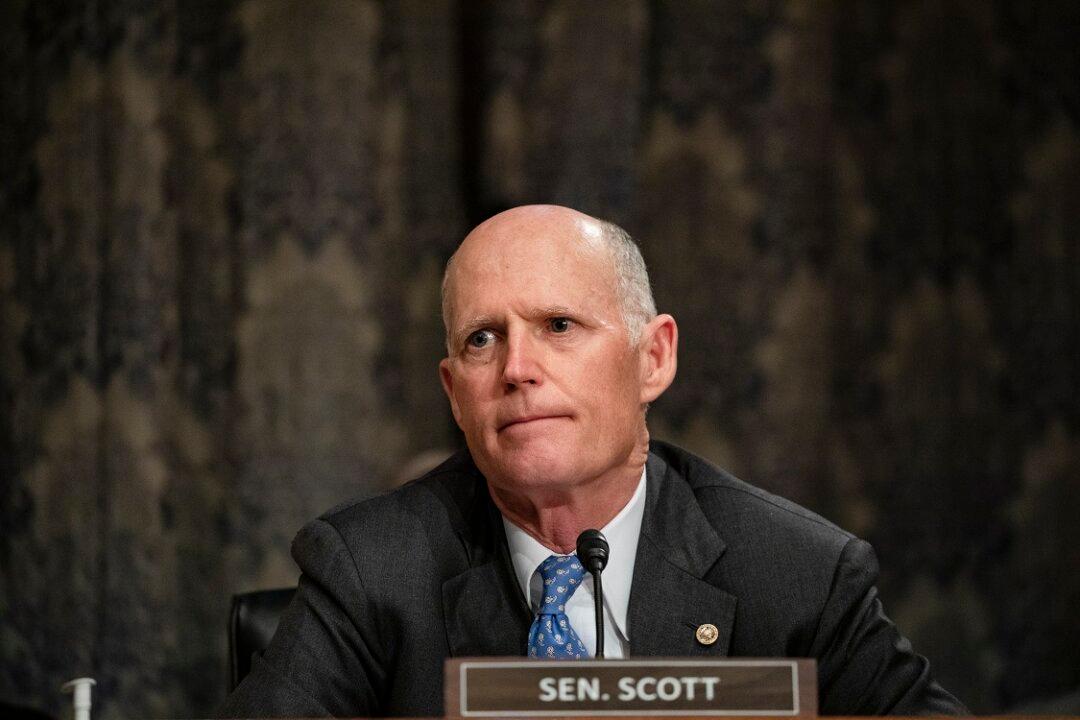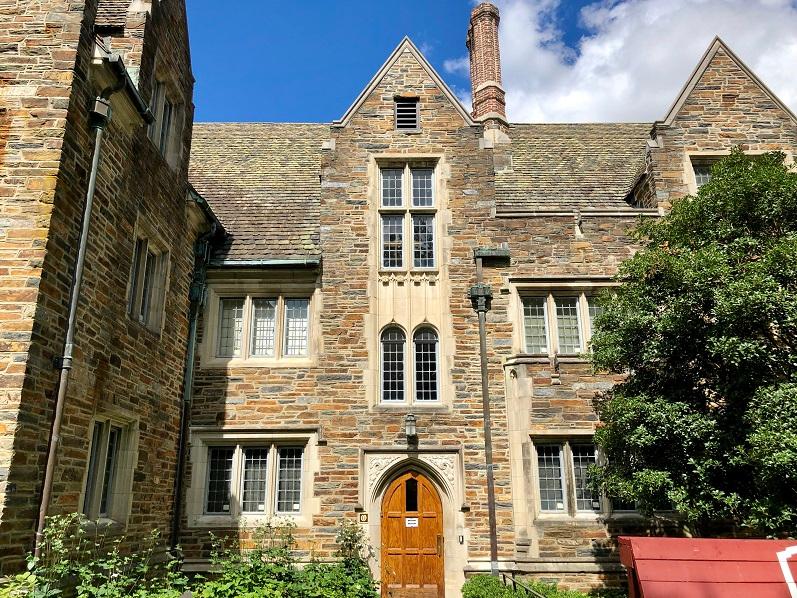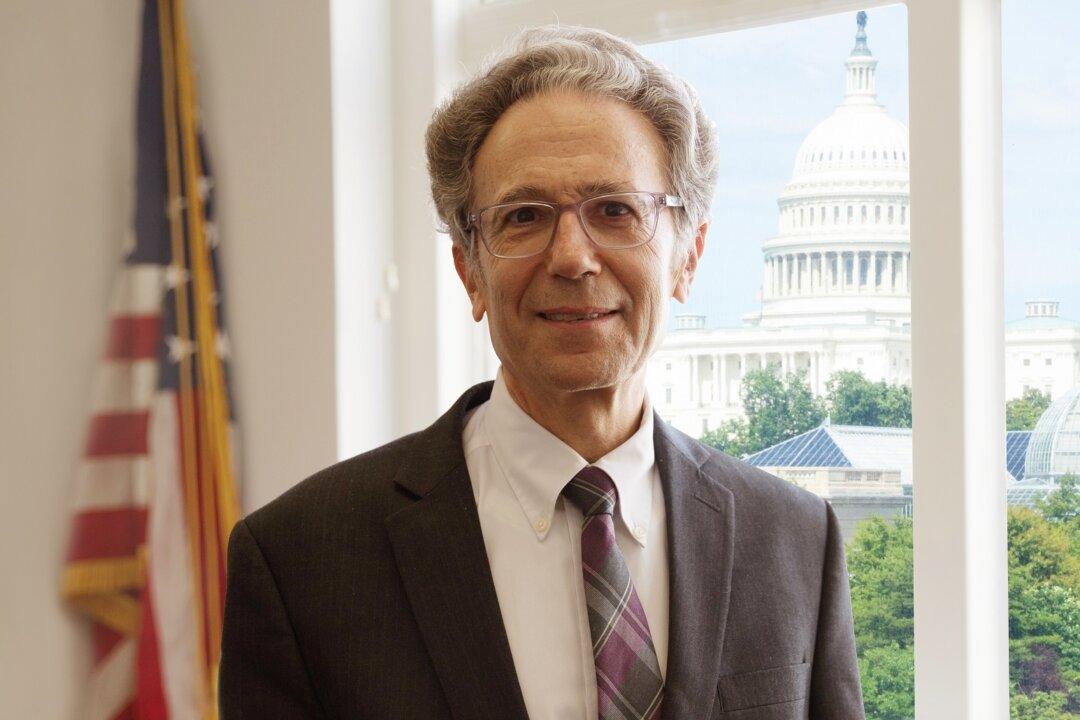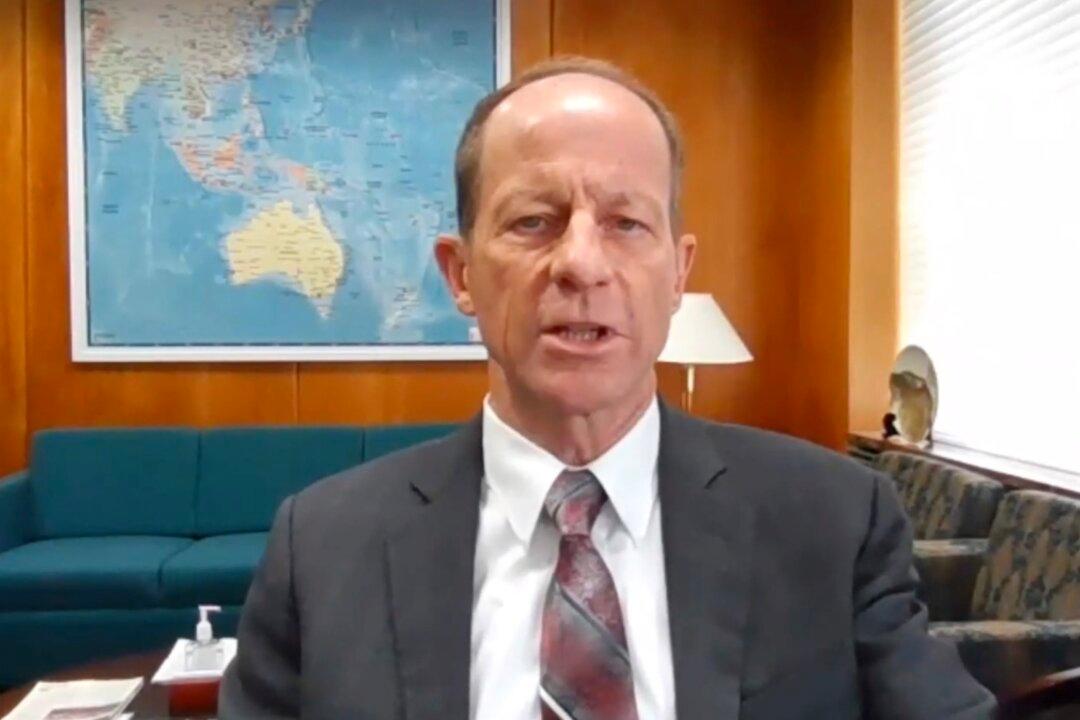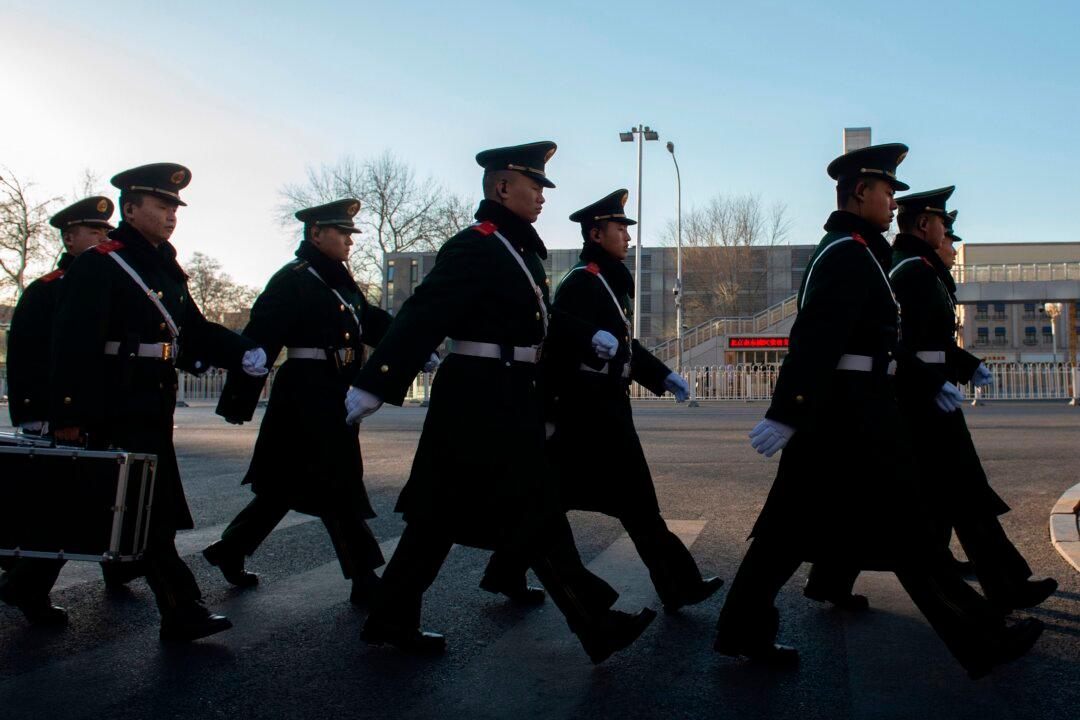“The last few decades of policies coming out of Washington have not solved the problem of Communist China. We’ve merely altered the battlefield.”
So said Senator Rick Scott, Republican of Florida, who took office in January 2019. Scott, who had been Florida’s governor for the previous eight years, spoke at the Hudson Institute in Washington.
